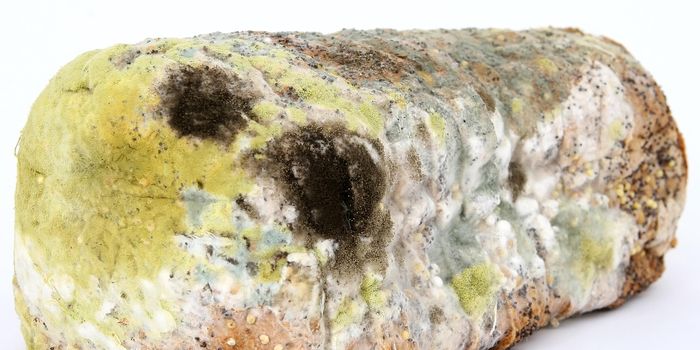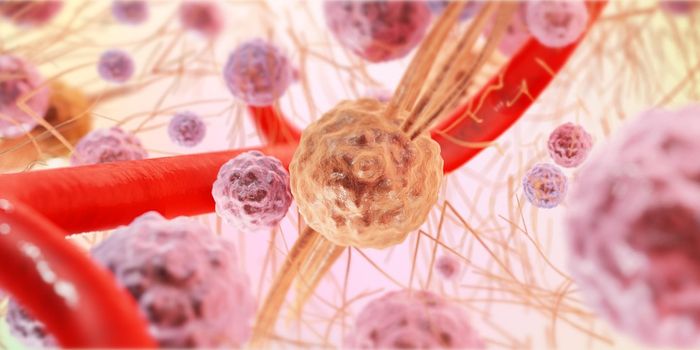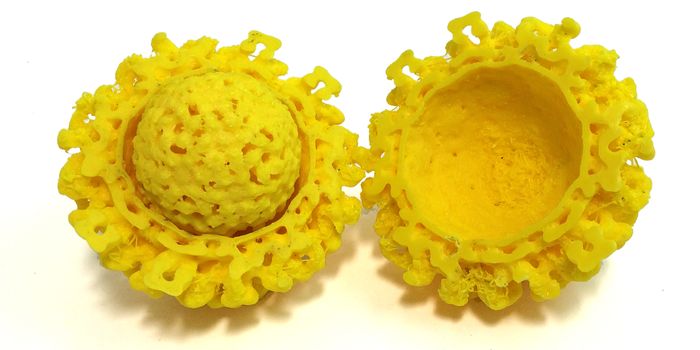Breast Cancer - Immunotherapy's Nemesis
Immunotherapy is continuing to be an exciting prospect for physicians and patients alike when combating cancer. Making use of one’s immune system to remove the threat is becoming increasingly effective, and for that reason, new studies continue to explore the science that surrounds it. Unfortunately, a recent study reveals that breast cancer can evade the immune system.
Breast cancers can start from different parts of the breast. Most breast cancers begin in the ducts that carry milk to the nipple (ductal cancers). Some start in the glands that make breast milk (lobular cancers).
There are also other types of breast cancer that are less common. A small number of cancers start in other tissues in the breast. These cancers are called sarcomas and lymphomas and are not thought of as breast cancers.
Although many types of breast cancer can cause a lump in the breast, not all do. Many breast cancers are found on screening mammograms which can detect cancers at an earlier stage, often before they can be felt, and before symptoms develop.
Associate Professor of Statistics Jinfeng Zhang, Professor of Chemistry and Biochemistry Qing-Xiang "Amy" Sang, and graduate students Mayassa Burjas Bou Dargham and Yuhang Liu analyzed data from more than 1,000 breast cancer patients and found that breast cancer behaves differently than other cancers that are currently treated with immunotherapy.
"We've been trying to understand why breast cancer patients do not respond well to the current immunotherapy and cannot benefit from this major breakthrough," Sang said. Their work is published in the journal PLOS ONE.
Researchers said the problem lies in the many different mechanisms breast cancer uses to hide from the immune system.
The team broke the data down into different groups and identified seven clusters of breast cancer patients based on the immune evasion mechanisms that breast cancer uses to avoid detection. Some of the types even used a combination of ways to hide from the immune system.
The more data and information that the scientists can gather will allow for oncologists to better equip themselves when treating breast cancer patients.
"Cancer treatment isn't as personalized as it should be," Burjas Bou Dargham said. "We've been trying to understand what's going on with these tumors and how they operate. That way doctors can ultimately better treat their patients."
"There's so much data available to understand problems in cancer," describes Zhang.
"Immunotherapy is a big breakthrough, but still we don't understand why some patients respond and others don't."
The researchers are gearing up to continue their research by gathering more data about an aggressive subtype of breast cancer known as triple-negative breast cancer.
Sources: PLOS ONE, Science Daily, American Cancer Society, YouTube










